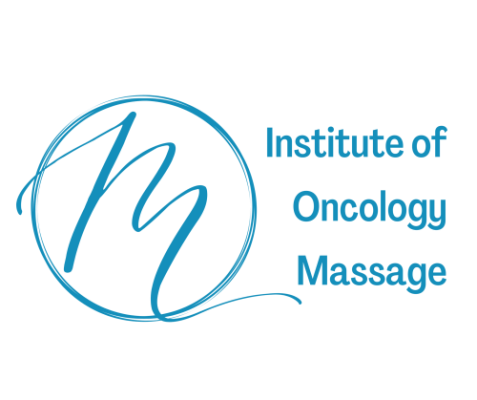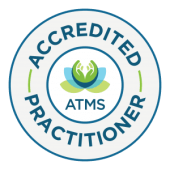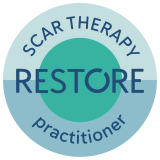Oncology Massage: Giving quality to life
Oncology Massage is a gentle, nurturing and non-invasive treatment that takes into consideration all the changes that occur to your body, physically and emotionally, once a diagnosis of cancer and treatment occurs.
The massage is modified to make it safe during all parts of the cancer journey, whether you have just been diagnosed, are undergoing surgery, chemotherapy, or radiation therapy, or are in palliation or survivorship.
Scientific research shows that gentle massage can reduce:
- Pain
- Fatigue
- Anxiety
- Depression
- Nausea
Massage may also help:
- Improve Sleep
- Mental Clarity and Alertness
- Peripheral Neuropathy
- Constipation
- Shortness of Breath
- Scar Restrictions
- Range of Motion Issues
Oncology massage is also a suitable treatment for people with other life limiting illnesses or for carers (who are also undergoing enormous physical and emotional strain in their daily life).
Amy is an internationally accredited teacher and founder of Institute of Oncology Massage and has continually expanded her education and knowledge of working with people who have had a cancer diagnosis throughout her career. Amy is also a Certified KickPink Practitioner and has previously taught and written substantial coursework for Oncology Massage Ltd’s tutorials: “Scar Massage” and “All Things Head and Neck” – covering Brain and Head & Neck Cancer.
Breast Cancer Rehabilitation and Wellness Summit
The free, online, Breast Cancer Rehabilitation and Wellness Summit started in 2017 and Amy has presented numerous times alongside international specialists to speak about solutions for recovery and wellness. You can access the summit here
References regarding scientific research and Oncology massage taken from: Cassileth BR, Vickers AJ, 2004 Massage Therapy for Symptom Control: Outcome Study at a Major Cancer Centre, Journal of Pain and Symptom Management, 28:3:244-250






